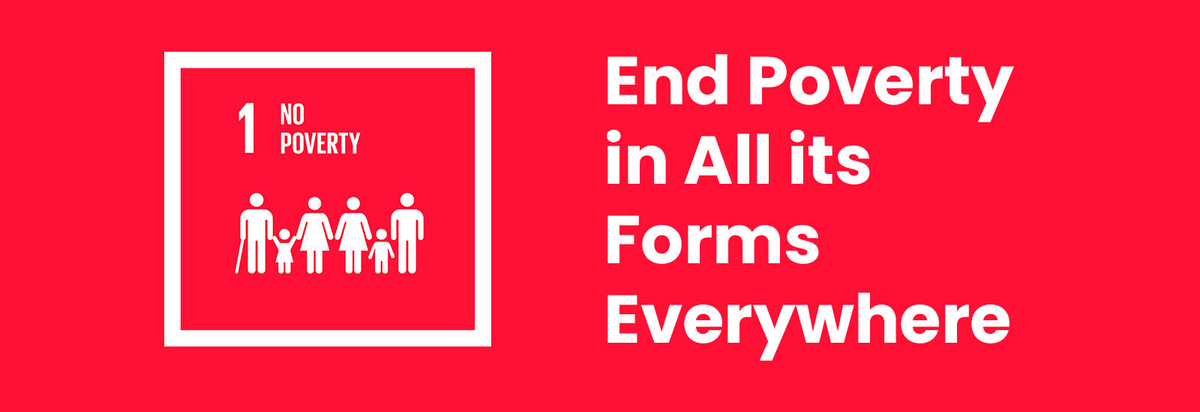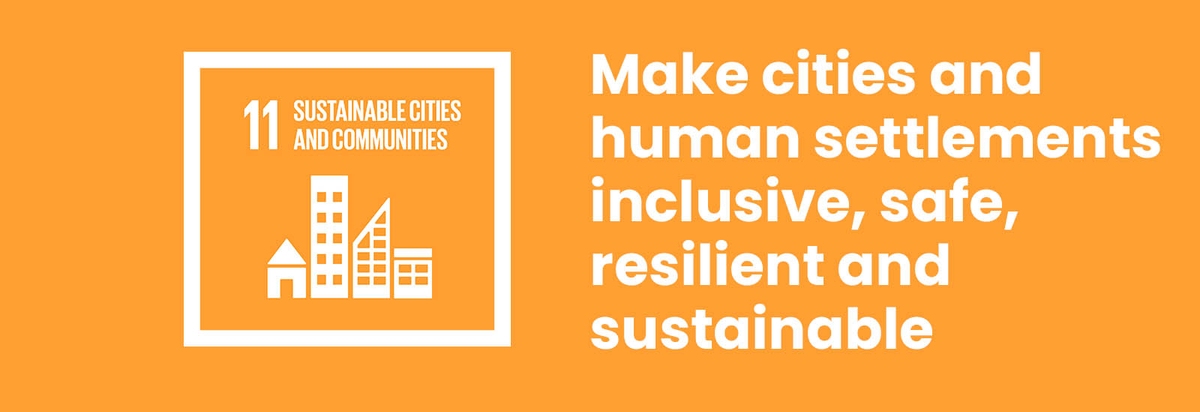
Our Mission
"Our mission is to reduce disaster risk for the poor in tomorrow’s cities."
Tomorrow’s Cities is the UK Research and Innovation (UKRI) Global Challenges Research Fund (GCRF) Urban Disaster Risk Hub – a five-year global interdisciplinary research hub.
Our aim is to catalyse a transition from crisis management to multi-hazard risk-informed planning and decision-making, for cities in low-and-middle-income countries.
We are one of 12 UKRI GCRF Hubs funded as part of the UK AID strategy, putting research at the heart of efforts to deliver the United Nation’s Sustainable Development Goals (SDGs).

In recent decades, the world has been urbanizing rapidly. In 1950, only 30 per cent of the world’s population lived in urban areas. Presently, around 4.4 billion people, 56% of the global population, reside in urban areas.
Projections indicate this pattern will persist, and by 2050, the urban population will more than double its current figure, encompassing nearly 7 out of every 10 people. 95% of this growth is anticipated to occur in the Global South.
This historically unprecedented urban expansion, often occurring in cities already exposed to a multitude of hazards such as earthquakes, floods, volcanoes and landslides, will produce a similar increase in disaster risk, particularly affecting the urban poor who are often ignored and forced into informal settlements outside official urban planning developments.
Nevertheless, the reality that approximately 60% of the land earmarked for urbanization by 2030 is yet to be developed, presents a unique opportunity to proactively incorporate multi-hazard, socially inclusive disaster risk considerations into urban planning and decision-making, thereby shaping a more resilient future. Failure to do so presents a major barrier to sustainable development, including the single greatest global challenge of eradicating poverty in all its forms.
Through an interdisciplinary approach, and working in four cities – Istanbul, Kathmandu, Nairobi and Quito – the Tomorrow’s Cities Hub is catalysing a transition from crisis management to multi-hazard risk-informed planning and decision-making that strengthens the voice and capacity of the urban poor.
Tomorrow’s Cities contribution to the Sustainable Development Goals and the Sendai Framework
Disaster risk reduction is inseparable from sustainable development. To respond to the Sendai Framework for Disaster Risk Reduction 2015-2030 and to the 2030 Sustainable Development Goals (SDG), city partnerships collaborate with national and regional city networks, policy champions and UN agencies using research outputs to structure city and community plans. Through this process, we are building methods and capacity for reporting and provide a wider critique of the SDG’s and Sendai reporting process.

Indicator 1.5.5: Proportion of local governments that adopt and implement local disaster risk reduction strategies in line with national disaster risk reduction strategies.

Target 5.c: Adopt and strengthen sound policies and enforceable legislation for the promotion of gender equality and the empowerment of all women and girls at all levels.

Target 11.5: By 2030, significantly reduce the number of deaths and the number of people affected and substantially decrease the direct economic losses relative to global gross domestic product caused by disasters, including water-related disasters, with a focus on protecting the poor and people in vulnerable situations.
Indicator 11.b.2: Proportion of local governments that adopt and implement local disaster risk reduction strategies in line with national disaster risk reduction strategies
Tomorrow’s Cities Foundation
Whereas the initial intensive, funded engagement is a six-month commitment between Tomorrow’s Cities and each of our partners, the real impact on future sustainable development will only be delivered by continued, long-term commitment to risk-informed planning.
Tomorrow’s Cities and a growing community of stakeholders, already over 200 strong, are dedicated to this process over the next decade.
The Tomorrow’s Cities Foundation will coordinate this network and work with them and our global partners to obtain funding to engage more new cities and maintain the community, providing a range of activities and opportunities over the next decade and beyond.